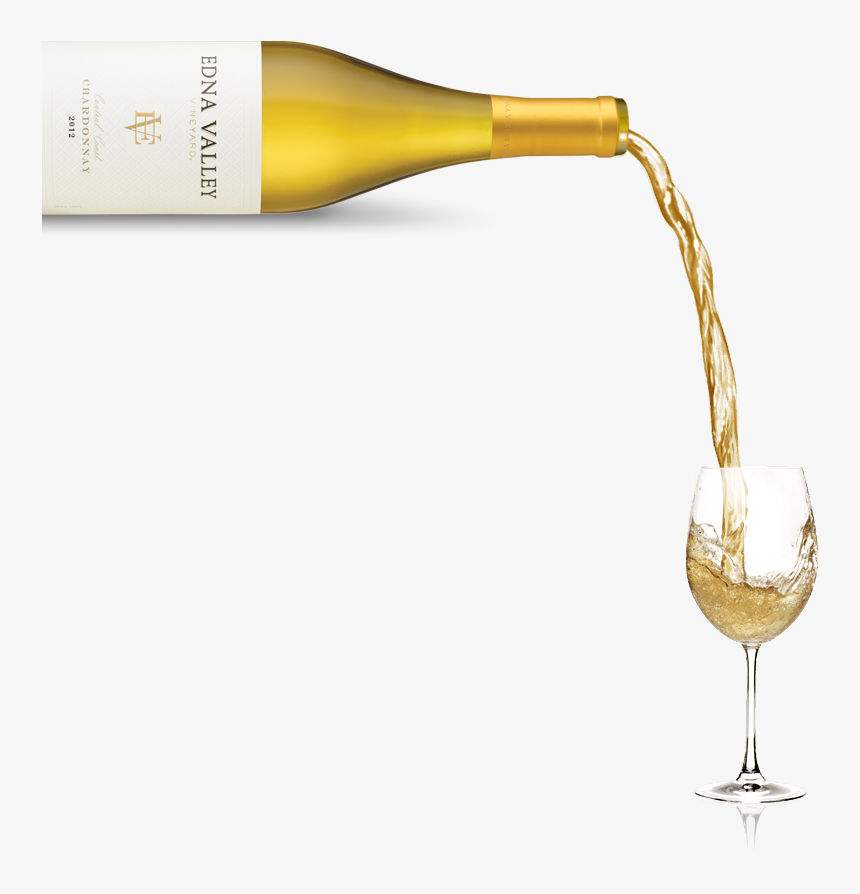The Spanish economy has been all over the headlines this week, with their banking system being the latest to require a bailout from the rest of the Euro zone.
Your humble narrator has been doing his part to help out the Spanish economy by drinking nothing but Spanish wines all month.
For those not in the know, the Spanish wine industry has a long and colourful history. Since the days of the Roman Empire, the fertile soils of Spain have been producing wine, sherry, and a Champagne-like sparkling wine called cava. There were a few notable setbacks in wine production over the centuries, including the fall of the Roman Empire, invasions of the field-burning barbarians from the north, and the occupation of the non-drinking Islamic Moors that came across the seven-mile strait that separates Southern Spain from Northern Africa.
However, by the time that the Middle Ages rolled around, the Spanish wine industry was considered the best in the known world. Sadly, those crafty French vintners surpassed the Spaniards while Spain was having that little internal difficulty we remember as the Spanish Inquisition, and French wines have remained king of the hill ever since.
When you see a bottle of Spanish wine at you r local booze merchant, it will often say Rioja on the label.
Attentive readers may recall from last week’s column that Old World wine countries like Spain are labelled by appellation (ie region) rather than varietal (ie type of grape).
This tells us that Rioja is not a type of grape, but is a wine-producing region in Spain. For the wine snobs in the audience, Rioja is considered the home of the highest quality wines in Spain, similar to the Bordeaux region of France.
The major wine regions of France are much drier than France or Italy, so extensive irrigation is required to keep the vineyards in production. The hot and dry climate is the reason that Spain has far more acres of planted vineyards (2.9 million and counting) than any other country, but comes in behind France and Italy in terms of actual production. Due to the dry climate, the vineyards of Spain are forced to plant their vines much further apart, so they have lower yields than neighbouring countries.
While the advertising catch phrase of the Spanish tourism industry is “every wine under the sun”, Spain is really a country of red wine drinkers, largely because white wines do not grow as well in the hot Spanish climate. So, if you’re picking out a Spanish wine at your favourite liquor merchant, avoid the whites – you’ll likely be disappointed.
The most popular red wines from Spain are made from the Tempranillo and Garnacha (also called Grenache) grapes. Both of these grapes produce big, full-bodied red wines, in the same calibre as Merlot or Cab Sauv grapes from France.
More so than their fellow winemakers in France and Italy, the winemakers of Spain love to age their wine before bottling. While other countries will only age their wines for a year or so before releasing them to the boozing public, Spanish winemakers will commonly age their wines for 5 years or even more before the bottles appear on the shelves at your local booze merchant.
This makes the Spanish wines you find in your local liquor store generally a few years older than the bottles in the next row over. Despite the longer ageing times, Spanish wines are generally no more expensive than younger wines from France or Italy.
Because the Spanish spend so much time ageing their wines, the labelling laws will reflect how old the wine is. On red wine labels, there are 3 different age indicators. Crianza is the youngest type of wine, and is aged 2+ years. Reserva wines are aged for 3+ years, and Gran Reserva wines are aged for 5+ years.
So, if you were to pick up a bottle at your local booze merchant that had Rioja Gran Reserva on the label, you would know that it was from the Rioja wine-producing region of Spain, and it had been aged for 5+ years before making its way to the store shelf. You wouldn’t actually know what kind of grape the wine was made from, but that’s part of the excitement when buying Old World wines!






